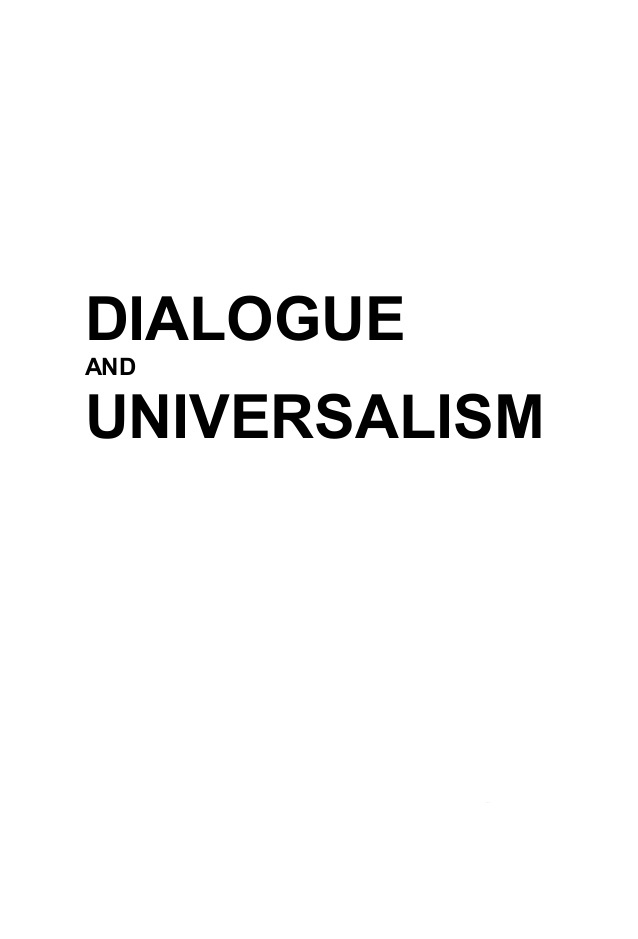HOPE AND UTOPIA AGAINST RESIGNATION AND DESPAIR? ERNST BLOCH UND STEFAN ZWEIG IN CONNECTION WITH EMIGRATION AND EXILE
HOPE AND UTOPIA AGAINST RESIGNATION AND DESPAIR? ERNST BLOCH UND STEFAN ZWEIG IN CONNECTION WITH EMIGRATION AND EXILE
Author(s): Barbara Smitmans-VajdaSubject(s): Philosophy, Political Philosophy, Social Philosophy
Published by: Instytut Filozofii i Socjologii Polskiej Akademii Nauk
Keywords: Ernst Bloch; Stefan Zweig; exile; fugitives; refugees
Summary/Abstract: My essay is based on the lecture I presented at the Conference “The German-Speaking Intellectual and Cultural Emigration to the United States and United King-dom. 1933–1945” (Bard College, Annandale, New York 12504, August 13–15, 2002, Session: “Happy End?”). I decided to publish it (for the first time) in honour of my friend Marek Siemek, because I think this theme is very actual, especially in light of the current crisis in Europe connected with the problems of fugitives and refugees. Ernst Bloch and Stefan Zweig, both Jews, reacted in opposite ways to their forced fate of being on the run from persecution and murder. They felt like strangers in their exile. Ernst Bloch, a stranger to English and other languages, wrote his Principle of Hope in his mother tongue. Stefan Zweig, a brilliant translator, felt himself “imprisoned in a language, which he could not use”: Europe was his homeland. Tired “of all ideas in the future” he committed suicide far away from home. Ernst Bloch came back to Ger-many after the Second World War—first to the German Democratic Republic, and then, in 1961 to the Federal Republic of Germany. He continued his lifework against resigna-tion and despair in keeping with what he outlined in his Principle of Hope: with his “real utopia” social model, and existence “without expropriation and alienation in real democracy,” where “there arises in the world something which shines into the child-hood of all and in which no one has yet been: homeland.”
Journal: Dialogue and Universalism
- Issue Year: 2016
- Issue No: 2
- Page Range: 223-229
- Page Count: 7
- Language: English
- Content File-PDF

